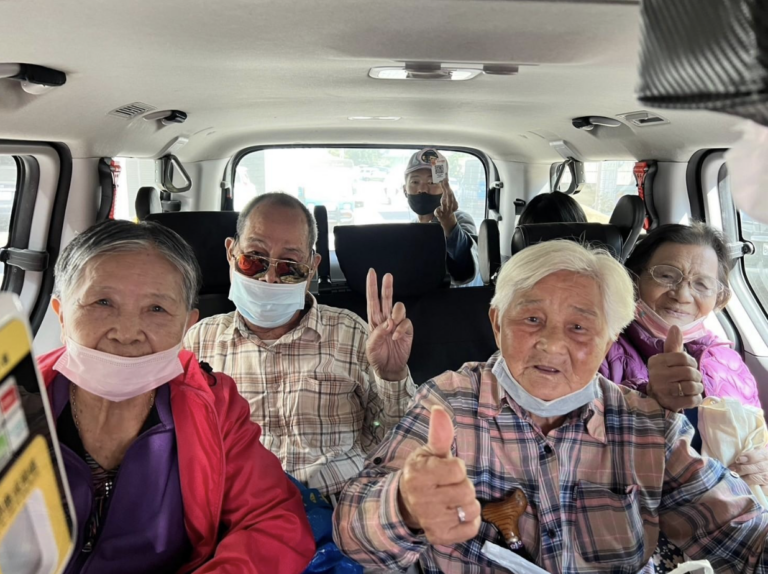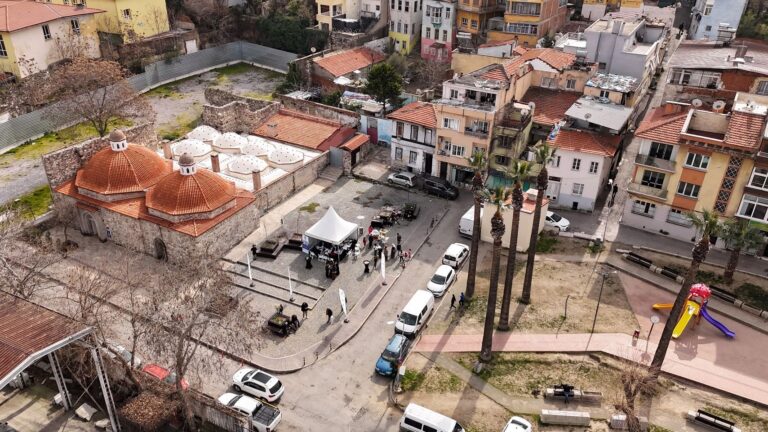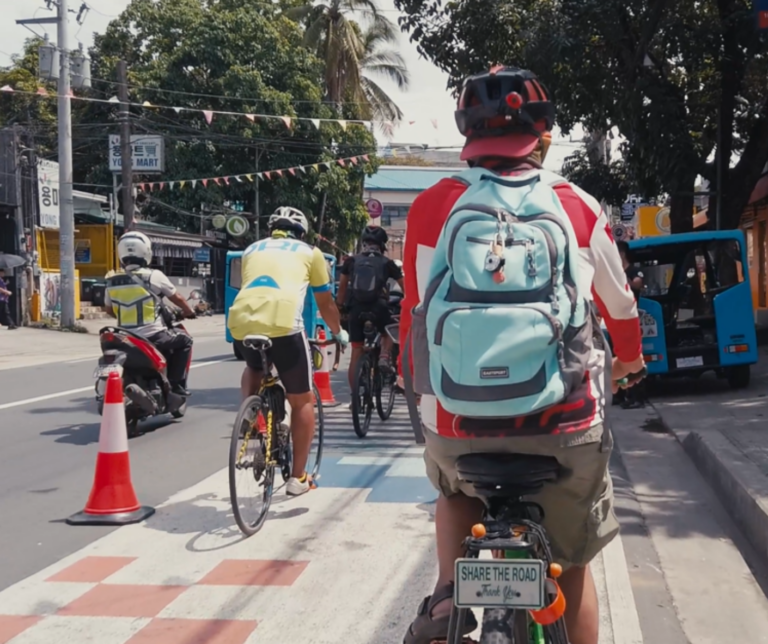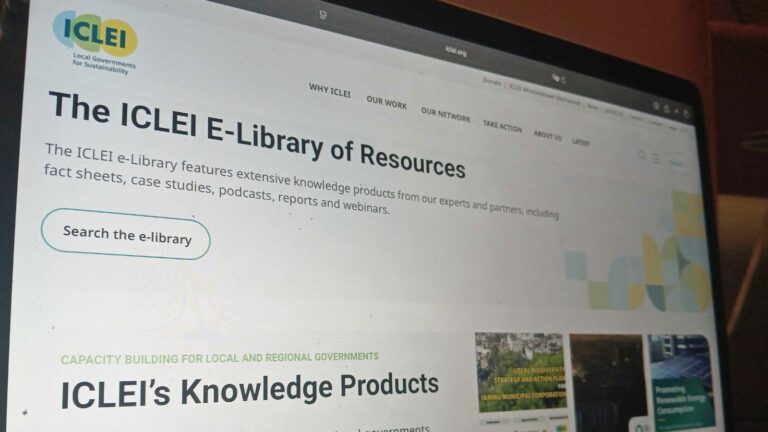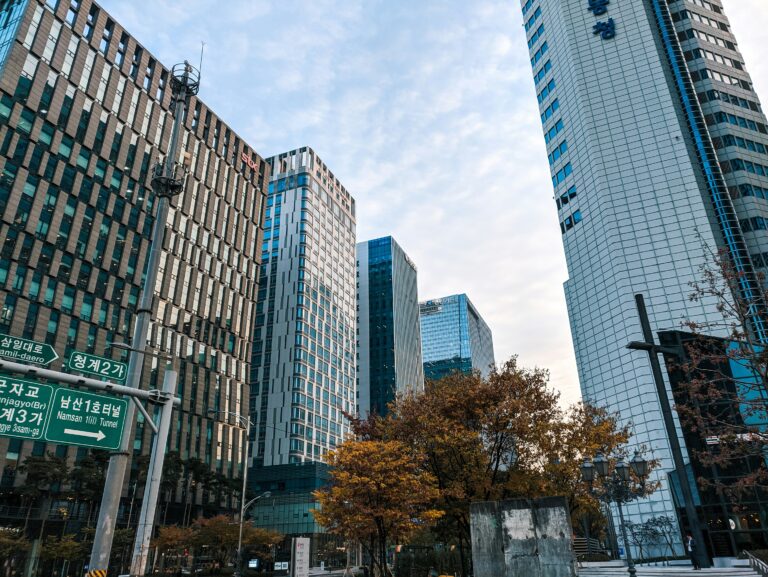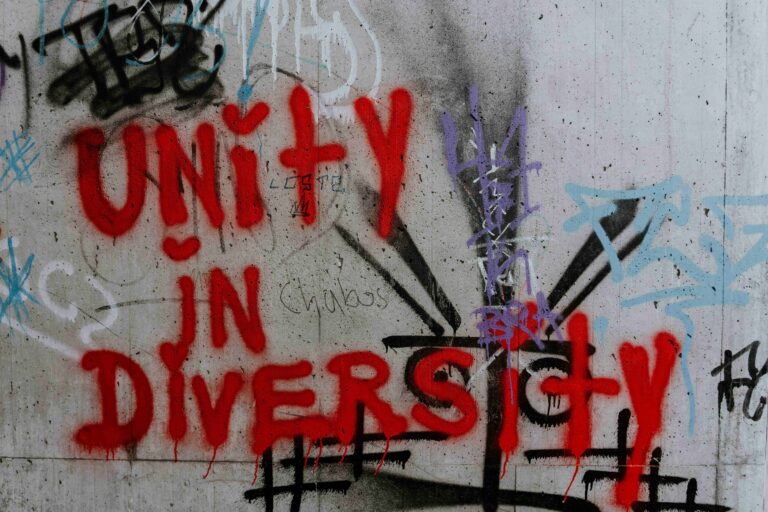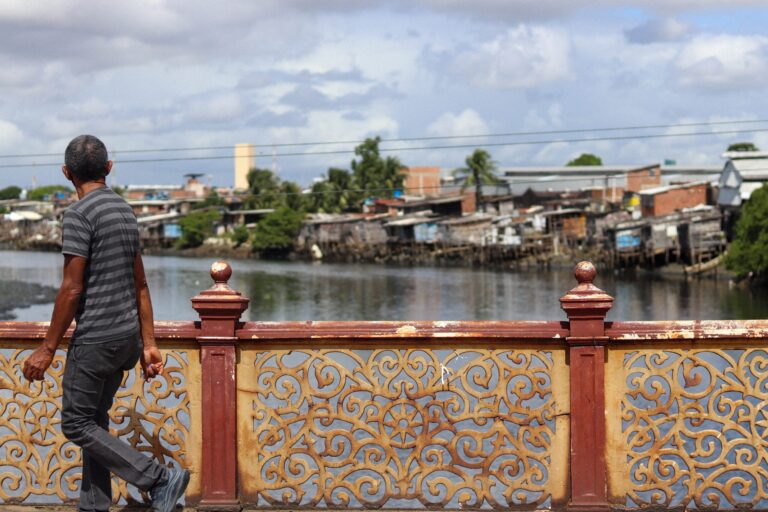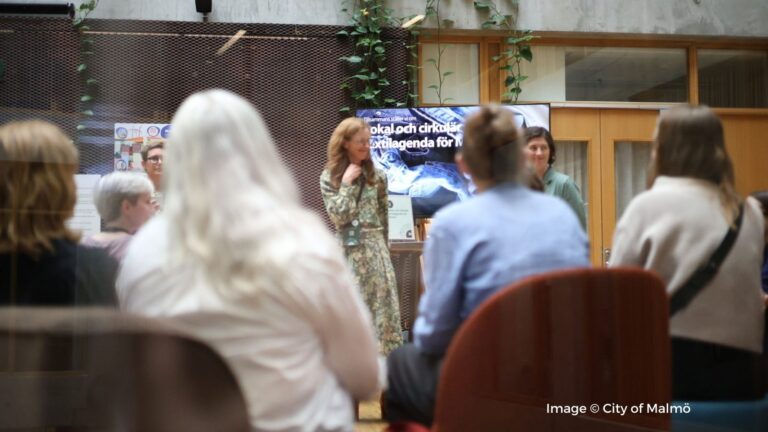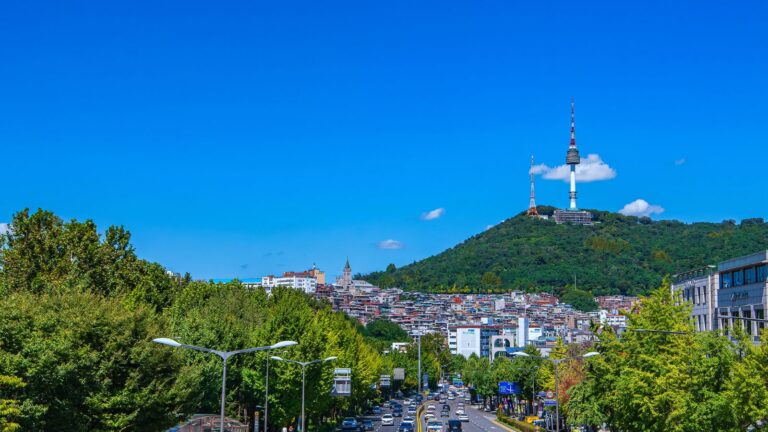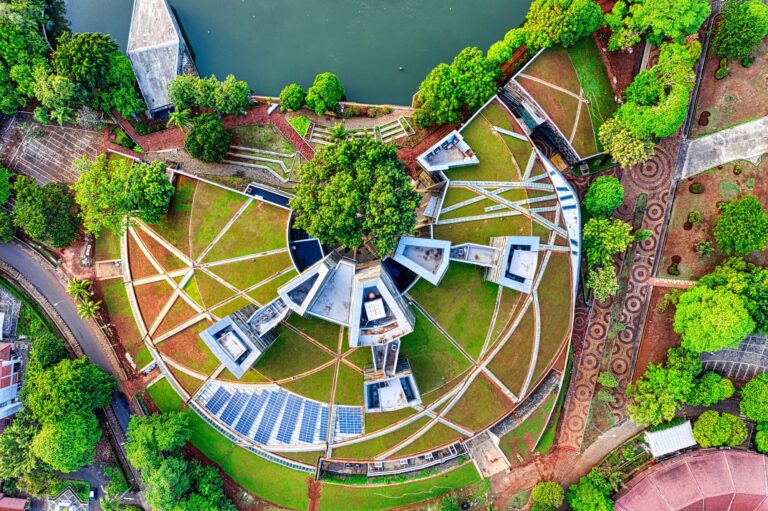How community partnerships in Kaohsiung and Bonn support a just transition
From rural mobility services to neighborhood climate hubs, these cities — on the island of Taiwan and in Germany — show how climate action designed with local organizations can improve daily life, deliver social benefits, and advance climate goals.

